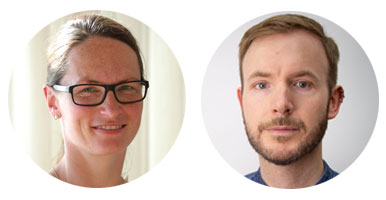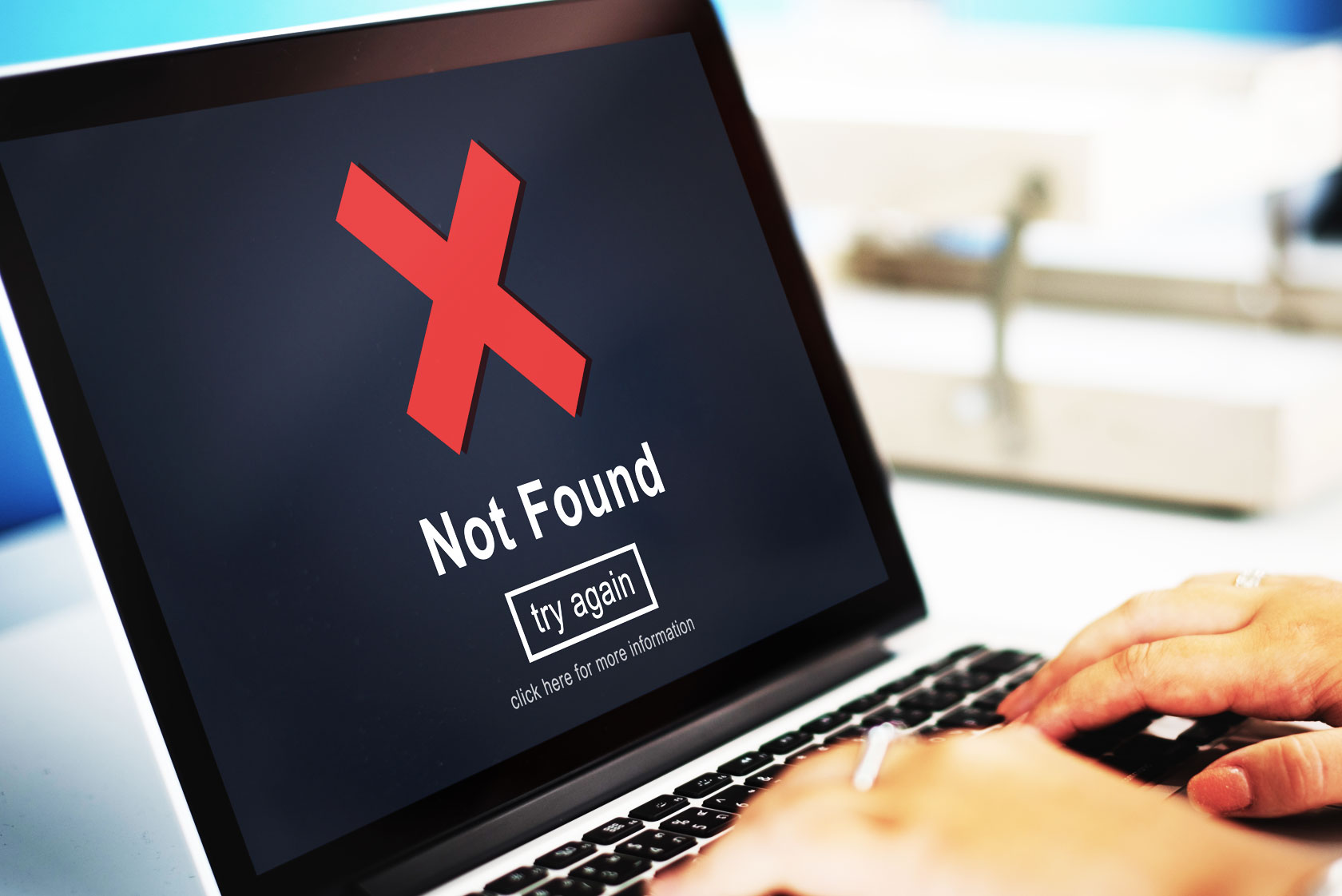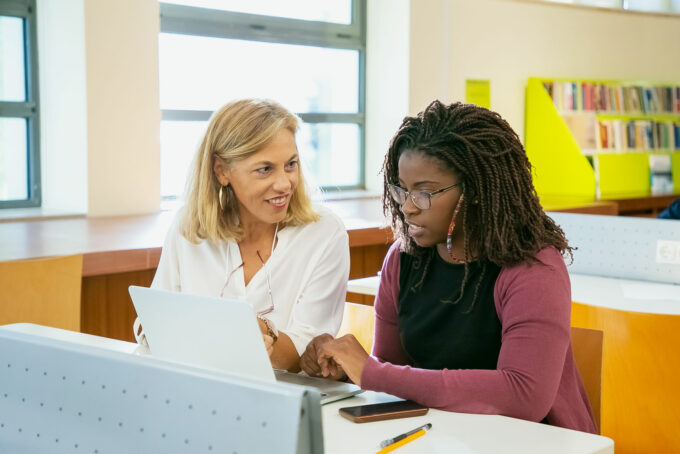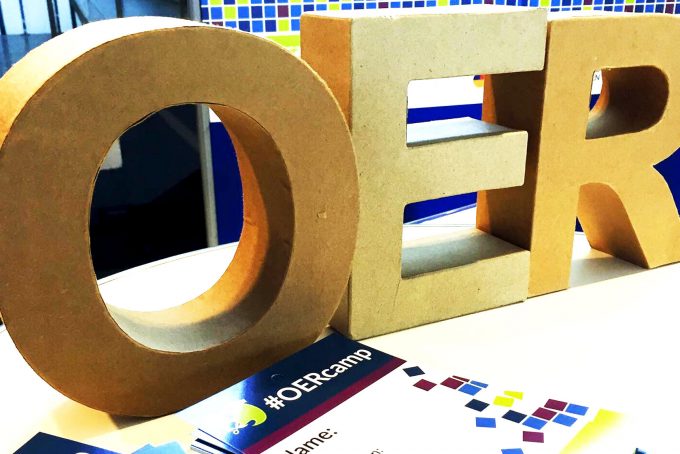
InnOAccess-Workshops: Publishing Free-of-Charge Open Access Journals Sustainably
Open Access journals that are sustained by the research community and are publisher-independent thrive on the commitment of their editors. How can they be sustainably organised and financed? Dr Nicole Waidlein and Marcel Wrzesinski report on the results of two transfer workshops on Open Access publishing in the so-called “small sciences”.
by Dr Nicole Waidlein and Marcel Wrzesinski

As part of the project “Innovative Open Access in small sciences” (InnOAccess), funded by the German Research Foundation (DFG), two digital transfer workshops took place on 29 and 30 September as well as on 6 and 7 October 2020. The first workshop was dedicated to special technical questions and cooperative support in publishing Open Access journals, and was carried out by the Alexander von Humboldt Institute for Internet and Society (HIIG). In the second workshop, hosted by the ZBW – Leibniz Information Centre for Economics, the central point of focus was the sustainable financing and community integration of Open Access journals. Project and workshops were aimed at supporting and safeguarding publisher-independent (scholar-led), free-of-charge Open Access journals.
A diverse range of participants took part in both topics: Publishers of Open Access journals, employees of university libraries, representatives from publishing companies, networks and platforms had plenty to discuss during the four days, both in the plenary sittings as well as in various breakout sessions.
Technical innovations and networking of the community
During the first workshop “Technical Innovation & Networking Models”, the workflows of two Open Access journals were presented as two examples and possible technical solutions were introduced and discussed.
It became clear that publishers of Open Access journals often operate autonomously as a collective, and in many cases they would like more advice from their institution or the community; furthermore, technical possibilities and time-saving publication solutions were not always used to their full potential. Various publishers spoke several times of their wish to be able to concentrate on the content of their articles or the journal – their editorial core activity – and of having to invest less time in technical, financial or legal matters. For example, the implementation of the latest editorial management system is often linked to a high learning effort, which would represent an additional burden in respect of the often voluntary activity of the editor.
On the other hand, during the workshop it became apparent that many editors are already profiting from successful technical solutions and are further developing these in partnership with the Open Access community. Through their use – it was made clear – the publication process can be standardised and made easier for all involved (publishers, authors and reviewers). This contributes in turn to savings in work resources, which are anyway in short supply, and to quality assurance. Overall, the participants came to the conclusion that they wanted to intensify the integration of new open source technologies in the publication process and (continue) to play a part in their development.
Sustained financing of free-of-charge Open Access journals
The second transfer workshop „Sustainable Financing without APCs“ focused on the question of the long-term and sustained financing of free-of-charge Open Access journals. Participants discussed not only sustained financial sources and their practical use, but also looked at possible cost factors that could be reduced through an efficient and, where necessary, automated publication process.
It has been shown that most of the participating publishers are on the lookout for a sustainable financing model and that the respective journals are undergoing a transition phase to more sustainability. Especially in the early years of an Open Access journal, start-up financing (such as via the DFG) can be found. The search for long-term financial solutions in the extremely complex Open Access landscape, however, is much more difficult. In this respect, the participants discussed cooperative models, the Freemium approach, and possibilities of (institutional) sponsoring very openly and approvingly. Article processing charges (APCs), in which the author or her/his institution bears the costs, were evaluated by some publishers as a possible alternative. The participants therefore did not fundamentally dismiss the idea of APCs. They did, however, draw attention to the problem of disproportionately high amounts as well as the lack of a fee remission or waiver, by which the fees could be reduced in certain circumstances.
Organisation forms for efficiency, sustainability and independence
In addition to long-term financing models, two organisational forms were discussed which could be conducive to the independent yet efficient and sustainable publication of free-of-charge Open Access journals. On the one hand, networks – such as the open-access.network (German), funded by the Federal Ministry of Education and Research (BMBF), or the international Radical Open Access Collective could activate stakeholders, pool available knowledge, and encourage reuse. This information and networking function creates synergies and saves the editors a lot of time for research or development. While the focus remains on the core activity, innovations in the publishing business are being disseminated.
On the other hand, platforms and providers of publication services such as SciPost, Knowledge Unlatched, Open Edition, or Open Library of Humanities offer technical and/or financial support for existing or new Open Access journals. Not every platform is suitable for every Open Access journal, owing to differing acceptance or funding conditions. It is necessary to check cases individually here, and possibly also to concede that some independence should be abandoned in favour of platform-dependent infrastructures.
As the available platforms and service providers in Germany currently do not take into account all journal contexts and types of publication projects, the participants argued for an expansion of the possibilities. There is an increased need for central Open Access platforms that are in the hands of science and that use available expertise, such as that of research centres and university libraries.
Publishing houses, however, should not be excluded from this close-to-science, publisher-independent publishing. Many references were made to the important curatorial function of publishing houses as well as their expertise in the sector of publication services. The consensus, however, was that large publishing houses should also be transparent with their catalogues of services and costs. What is needed here is the greatest possible openness and a critical awareness of purely profit-oriented publishing of publicly funded research results.
What are the best strategies for sustained OA publishing?
From a technical point of view, publishers should be aware of the path dependency of the decisions they make early on when establishing an Open Access journal. Which content management system do I choose? Do I tether my journal to a platform, a university publishing house, a university library, or a trans-regional platform? What technical solutions do I need? How important is a customised solution to me, in comparison to a standardised model solution?
In addition, new editors should use the most important networks and platforms to risk taking a look at other subject disciplines and be courageous in respect of technical innovations. The central role played by the university libraries and publishing houses as service and information institutions becomes clear time and again in this context. These could also offer programmes for the (advanced) training of editors who are still inexperienced.
Ultimately, all participants agreed that networking and the joint search for financing possibilities were essential. A kind of journals lobby is needed to jointly approach university libraries and other funding institutions. One concrete result of the workshop to this end is the establishment of the “Scholar-led Journals” (German) in the framework of the infrastructure of the open-access.network – more information about this follows.
Finally, scholar-led publishing is driven essentially by the passion of the editors. Their voluntary commitment should find more recognition and, ideally, remuneration too. Even if Open Access publishing is a matter of the heart for many, it should not become a self-exploitative practice. The project findings, including the results of the two transfer workshops, will be published at the beginning of 2021 in the form of two white papers on the project website.
This text has been translated from German.
Dr Nicole Waidlein is academic editor of the journal Wirtschaftsdienst (German) of the ZBW – Leibniz Information Centre for Economics. She can also be found on ORCID.
Portrait: ZBW©, photographer Elisabeth Flieger
Marcel Wrzesinski is Open Access Officer at the Alexander von Humboldt Institute for Internet and Society (HIIG) and heads the BMBF project a“Scholar-led Plus” (together with Knowledge Unlatched). In the project, possibilities for joint funding of OA journals are being developed and tested. He is particularly concerned with the professionalisation, safeguarding and networking of OA in small and interdisciplinary subject contexts. He can also be found on a href=”https://orcid.org/0000-0002-2343-7905″ target=”_blank”>ORCID and Twitter.
Portrait: Photographer: Franziska Cagic©
View Comments

Open Access Journals: Who is Afraid of 404?
Open Access journals are known to be accessible to all. But will this be for good,...



